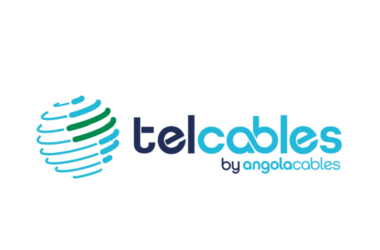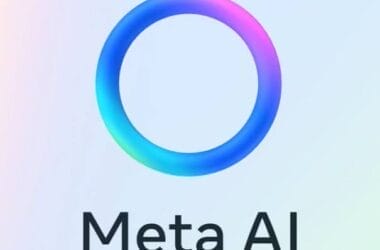Every year, the third Thursday of May commemorates Global Accessibility Awareness Day and 2019 was no exception as stakeholders and key players reflected on the strides taken by businesses and governments to improve humanity and liveability for all individuals.
According to the World Bank, one billion people – or about 15 percent of the world’s population – experience some sort of disability. Disability prevalence is also higher for developing countries, many of which are situated in the Middle East and Africa (MEA) region.
In a statement to mark the 2019 Global Accessibility Awareness Day, tech giant Microsoft drew attention to how technology is empowering people all over the world to achieve more.
It revealed its efforts aimed at attracting and recruiting people with disabilities via its global Inclusive Hiring Program. Microsoft added it is also training managers to understand the needs of those with visible and non-visible disabilities; assessing people for roles with more flexibly so those with disabilities have the best opportunity to show their skills; adjusting workplaces to include sign language interpreters; and ensuring all staff have access to disability equality awareness training.
For its users with disability, Microsoft said it striving to meet or exceed new accessibility requirements.
Meeting accessibility requirements using AI
“Leveraging technology like artificial intelligence (AI) – which we consider to be a catalyst for inclusion – Microsoft is taking innovations that at first glance could help a small group in society and expanding them out,” the tech giant stated.
With AI, Microsoft and other tech giants are able to develop products and service that can perceive, learn, reason, and assist users all over the planet – including individuals living with disability.
Microsoft revealed it is infusing AI into its products, such as; real-time speech-to-text transcription, visual recognition services, and predictive text functionality that will empower people living with vision, hearing, cognitive learning, and mental disabilities.
This is evident in features like Magnifier, which makes part or an entire screen bigger, so users can see words and images better, and the Xbox Adaptive Controller, which empowers gamers with limited mobility.
“We also added Input Learning Mode in the Narrator feature to give users the ability to send commands from a keyboard, touch or braille display, and receive feedback about what the command does without invoking the command. Narrator was further enhanced to include Intelligent Image descriptions, giving Narrator the ability to use AI to generate descriptions for images that lack alternative text on demand.”
Limitless future for people with diability
Armed with products and solutions powered by AI, there is no limit to what people in MEA can achieve, Microsoft said.
“At Microsoft, we believe that accessibility to the right technology is a powerful force for inclusion, and we are on a mission of enablement and empowerment for all people with disabilities in the Middle East, Africa and all over the world.”
Through its AI for Accessibility initiative, Microsoft aims to amplify human capability through grants, investments of technology, and expertise.
“We are looking for individuals or teams who are not only passionate about making the world more inclusive, but also firmly rooted in the communities they intend to benefit. We want to invest in ideas that are developed by or with people with disabilities. If you have such ideas, apply for our AI for Accessibility grant here.”
As an Amazon Associate, TechCity may earn a small commission if you shop these products.
















